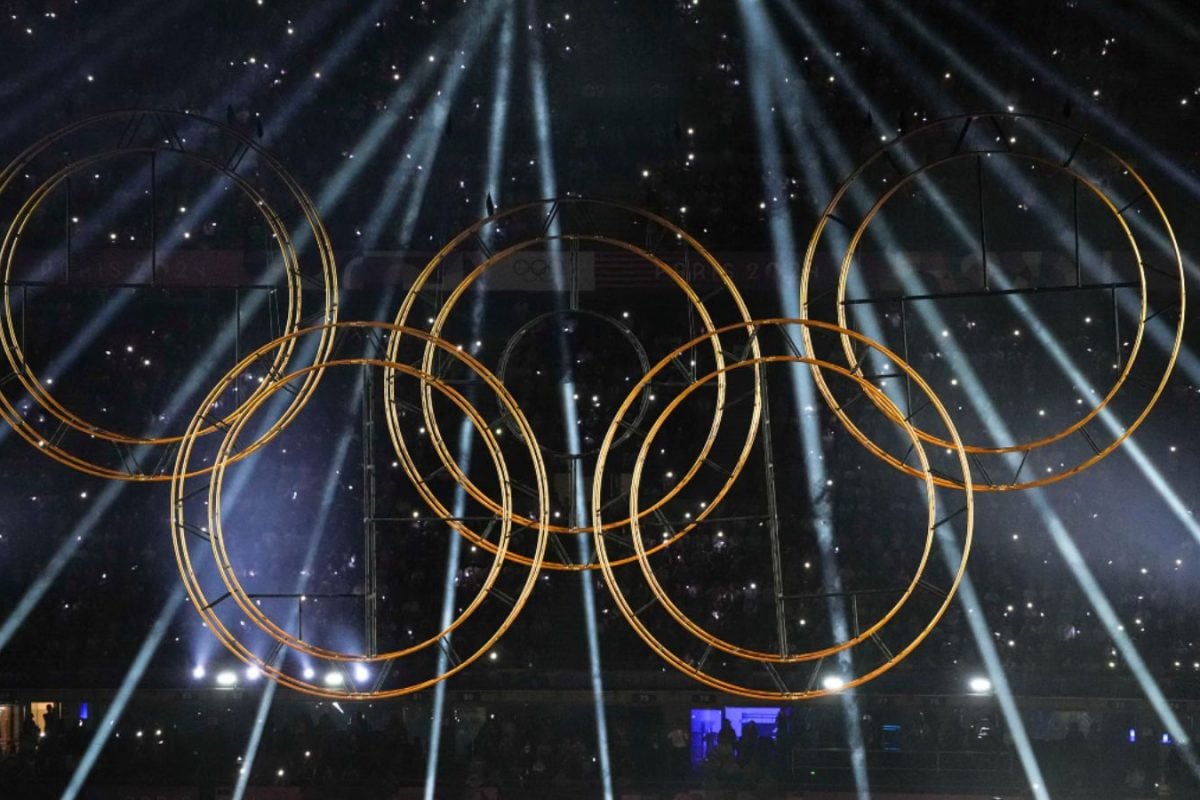

India's long-cherished dream of hosting the Olympic Games has encountered a significant hurdle as the International Olympic Committee (IOC) appears to be taking a more cautious approach to the decision-making process for the 2036 edition. While the nation has been actively campaigning to bring the prestigious event to its shores, recent developments suggest that the path ahead may be longer and more complex than initially anticipated.
India's ambition to host the 2036 Olympics was first publicly declared by Prime Minister Narendra Modi at the IOC session in Mumbai in October 2023. This announcement marked a significant step, signaling India's intent to join the ranks of nations capable of hosting the world's largest sporting spectacle. Since then, the Indian Olympic Association (IOA) and government bodies have been working diligently to prepare a compelling bid, with Ahmedabad emerging as the frontrunner city to host the Games.
However, the global landscape of sports and politics is ever-changing, and the IOC's approach to selecting host cities has become increasingly meticulous. Several factors contribute to this cautious stance. The IOC is now focusing on long-term viability and sustainability of each proposal, as well as infrastructure, financial stability. Moreover, The IOC has to consider geopolitical factors that might impact the games.
Adding to the complexity, the election of Kirsty Coventry as the new IOC president in June 2024 has introduced a new dynamic. Coventry, a celebrated Olympian and former Minister of Sport in Zimbabwe, brings a fresh perspective to the role. While she has acknowledged the ongoing process for selecting future host cities, she has also emphasized the need for a more inclusive decision-making process, involving IOC members in the selection of the host city.
India has already submitted a letter of intent to the IOC's Future Host Commission and has progressed to the "Continuous Dialogue" stage, where the IOC conducts a feasibility study of the potential host's projects associated with the Games. A high-level delegation, including IOA President P.T. Usha and officials from the government of Gujarat, travelled to Lausanne in early July 2025 for crucial in-person talks with the IOC, aiming to advance its bid to host the 2036 Summer Olympics. This meeting with the IOC's Future Host Commission is a significant step in India's campaign, which was formally launched in October last year.
Despite these efforts, the IOC's decision on the 2036 host city is not expected before 2026, meaning that India's Olympic dream remains on hold for the time being. This delay allows the IOC to thoroughly assess all potential bids and consider the long-term implications of its choice. It also provides India with an opportunity to further refine its proposal, address any concerns raised by the IOC, and strengthen its position as a viable candidate.
India is also bidding for the 2030 Commonwealth Games. India sees hosting the Commonwealth Games as a potential stepping stone, to prove it can host large international sporting events.
The road to the Olympics is rarely easy, and India's journey is no exception. While the IOC's current stance may seem like a setback, it also presents an opportunity for India to strengthen its bid and demonstrate its commitment to the Olympic values. With continued dedication and strategic planning, India can keep its Olympic dream alive and position itself as a strong contender for future Games.